New developments and initiatives have been taking place at Bar-Ilan University’s International School over the past few months. Having achieved so many of their goals since the school’s formation in May 2018, executive director, Ofer Dahan, and academic head, Prof. Rachel Dekel, with the support of BIU’s deputy president, Prof. Moshe Lewenstein, are shifting focus slightly to build on the strong foundation.
The various faculties and departments are more open to internationalism and have helped to develop the many first-rate degree programs and research opportunities that are now available in English – and every month, the requests to add to this number grows. This has resulted in more research opportunities and created space for innovative research.
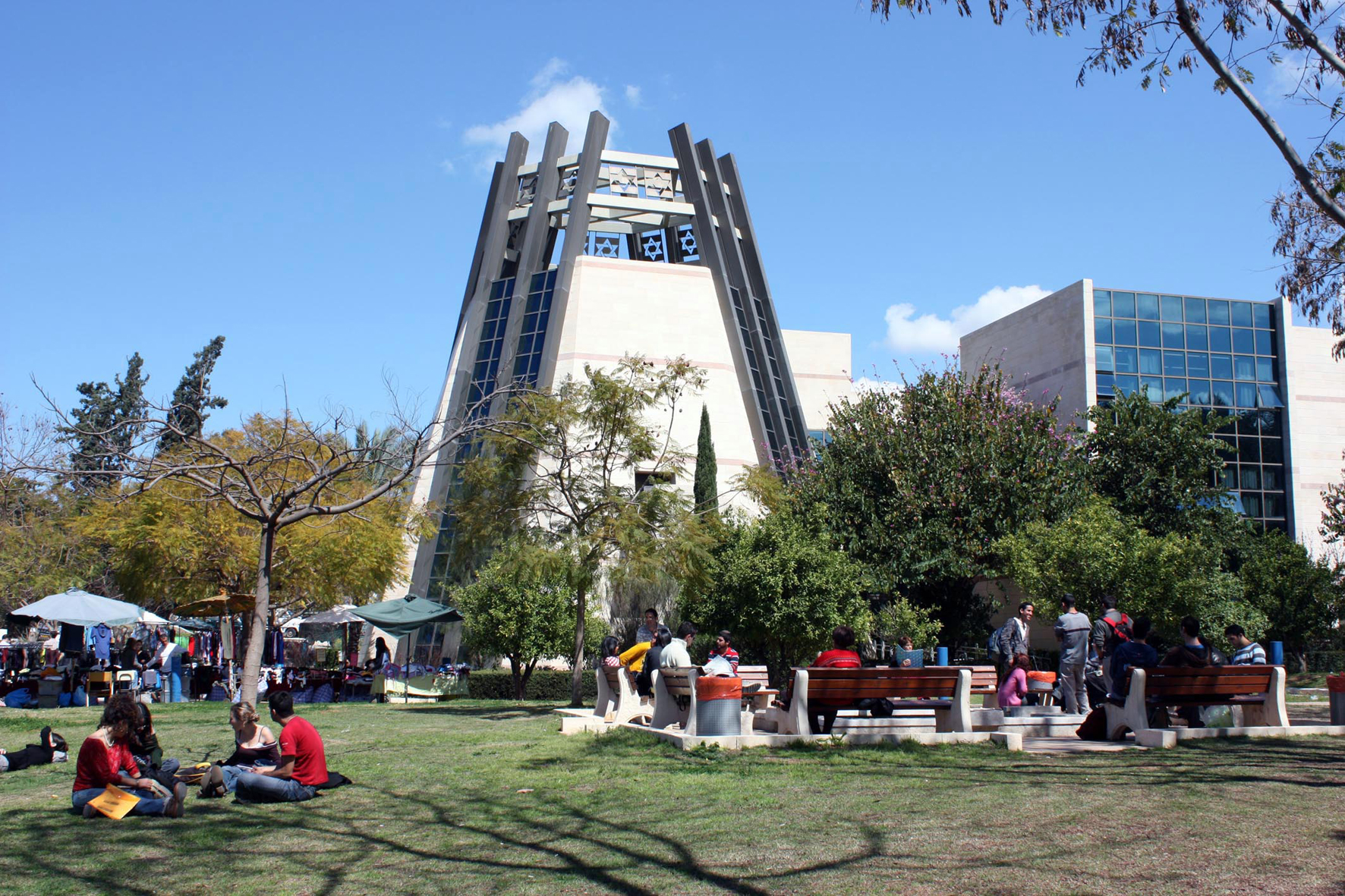
The dramatic increase in international doctoral and postdoctoral students has surpassed all expectations and there are currently more than 100 doctoral students and 100 postdoctoral students from all over the world on Bar-Ilan University’s Ramat Gan campus in the Tel Aviv metropolitan area and the Safed campus in northern Israel, which houses the Azrieli Faculty of Medicine.
This ensures the advancement of research in all areas from nanotechnology, brain sciences, and medicine to social sciences, the humanities, and Jewish Studies, which will have a major impact on Israel and the world.
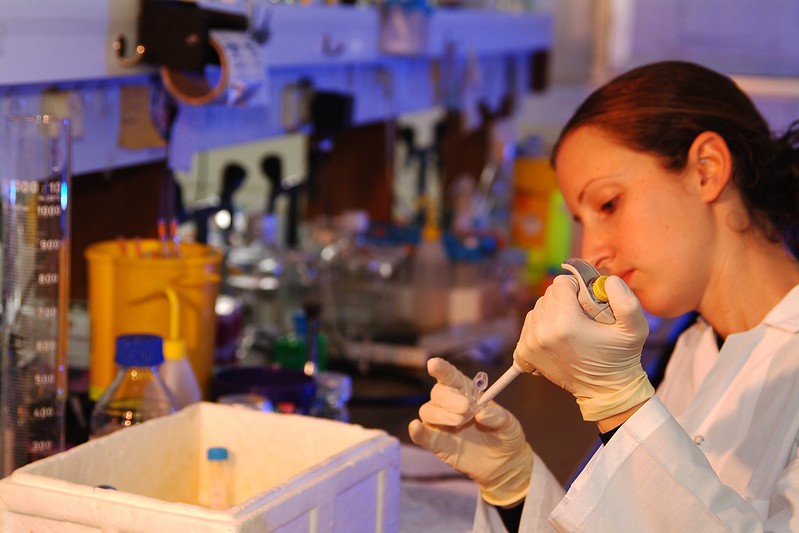
“We are planning to focus more on graduate degrees and postgraduate research in the coming years,” said Prof. Lewenstein. “This doesn’t mean we will stop looking after our undergraduate students, but we are moving more into the research side of our programs.
“The more we attract top researchers from all over the world to add to the excellent community of researchers we already have, the more groundbreaking research will result, which in turn, will help more and more people in various ways, and so the cycle continues. The process feeds itself and the results speak for themselves,” he said.
This is the reason the International School has added so many more Master’s degrees to its offering (there are now 15 different options) and why there is now a dedicated section for research opportunities on the website.
Internationally-Recognized Degrees and Research Opportunities
As academic head of the International School, Prof. Rachel Dekel’s focus is to source and implement new academic programs that can be developed in English and find out about the various research opportunities in each department. It’s a lengthy process, but one that has reaped many rewards over the past few years.
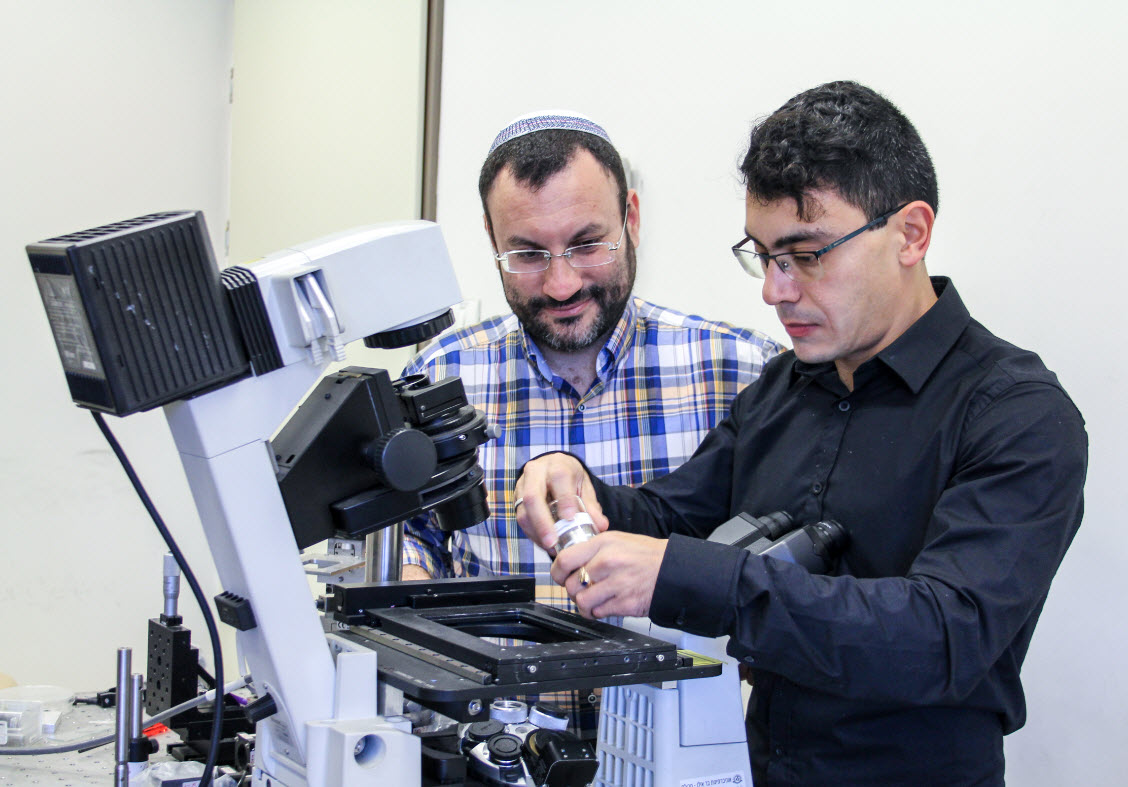
“We need to work closely with the various deans of each department,” Prof. Dekel said. “The process starts with us explaining why it’s important to create an international program, sell them the idea, help them develop it academically, market the new program, and then recruit enough students to make it viable.
“Most departments and faculties are excited about the option to offer programs in English and as a result, we’ve created degrees that are different and even unique to Bar-Ilan University. The MA in Biblical Studies is one example,” she said.
Bar-Ilan’s Faculty of Jewish Studies has the largest program of Hebrew Bible studies and the highest number of internationally-recognized scholars in the world. People of all faiths choose to come to study in Israel. Previously, non-Hebrew speakers would come to study at Bar-Ilan and would struggle through the degree in Hebrew. Now, the university offers the program entirely in English.
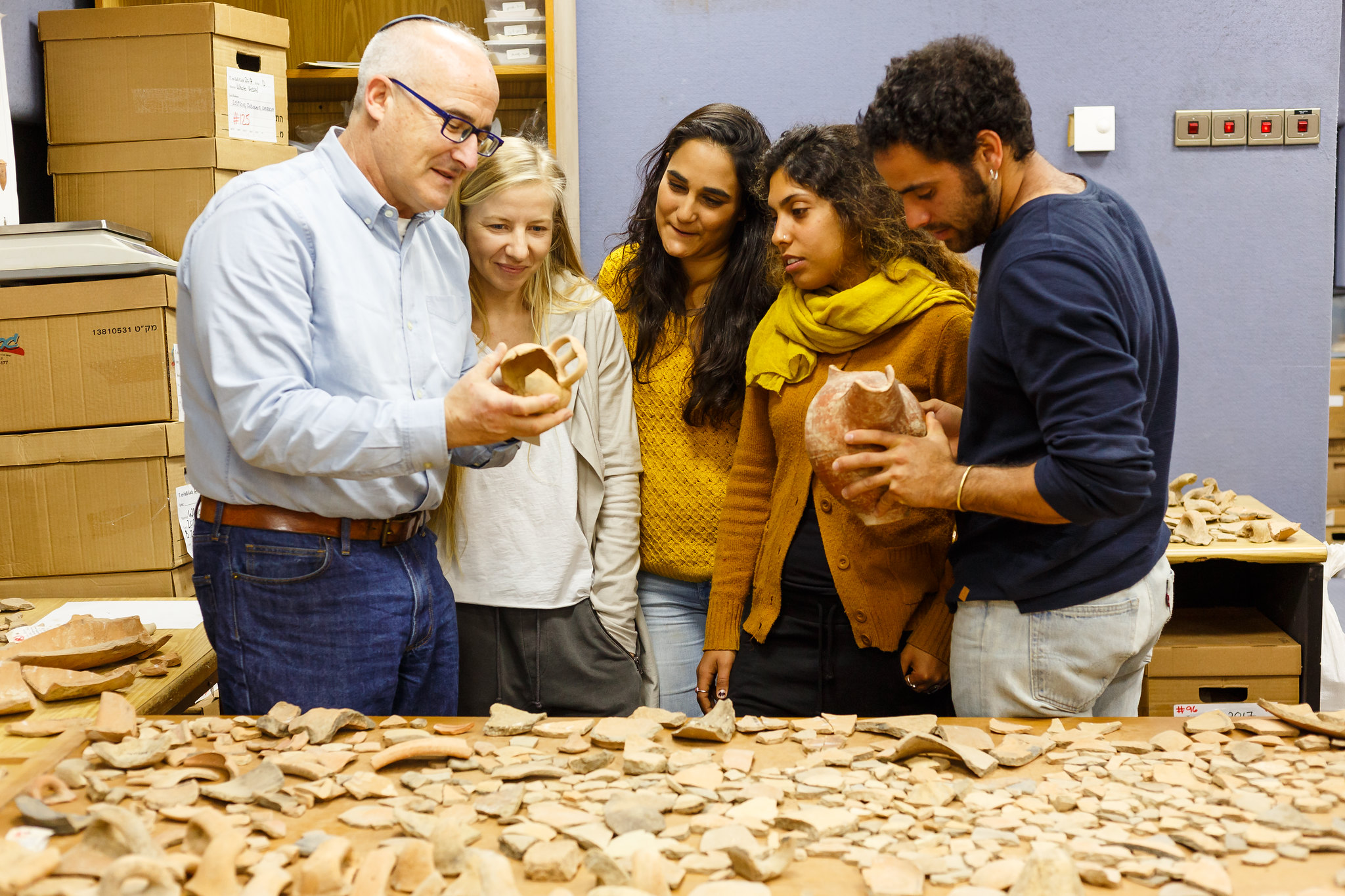
“If a department can’t offer a degree for English speakers for whatever reason, we offer them additional options to strengthen their internationalism; alternatives like student or faculty exchange,” said Prof. Dekel.
Collaborations, Partnerships, and Exchange Programs
Bar-Ilan University’s mission to create a global university is strengthened by its success in creating valuable collaborations, partnerships, and exchange programs with overseas universities and institutions. All international collaborations at the department level go through the International School. No department can sign a research-related or other agreement with a university unless it has been seen and approved by the International School’s executive – Prof. Lewenstein, Prof. Dekel, and Dahan.
Prof. Dekel is responsible for academic collaborations between the various departments and their counterparts internationally, while Dahan focuses on the management, marketing, and administration side of all collaborations and partnerships, and oversees the department that handles the exchange programs.
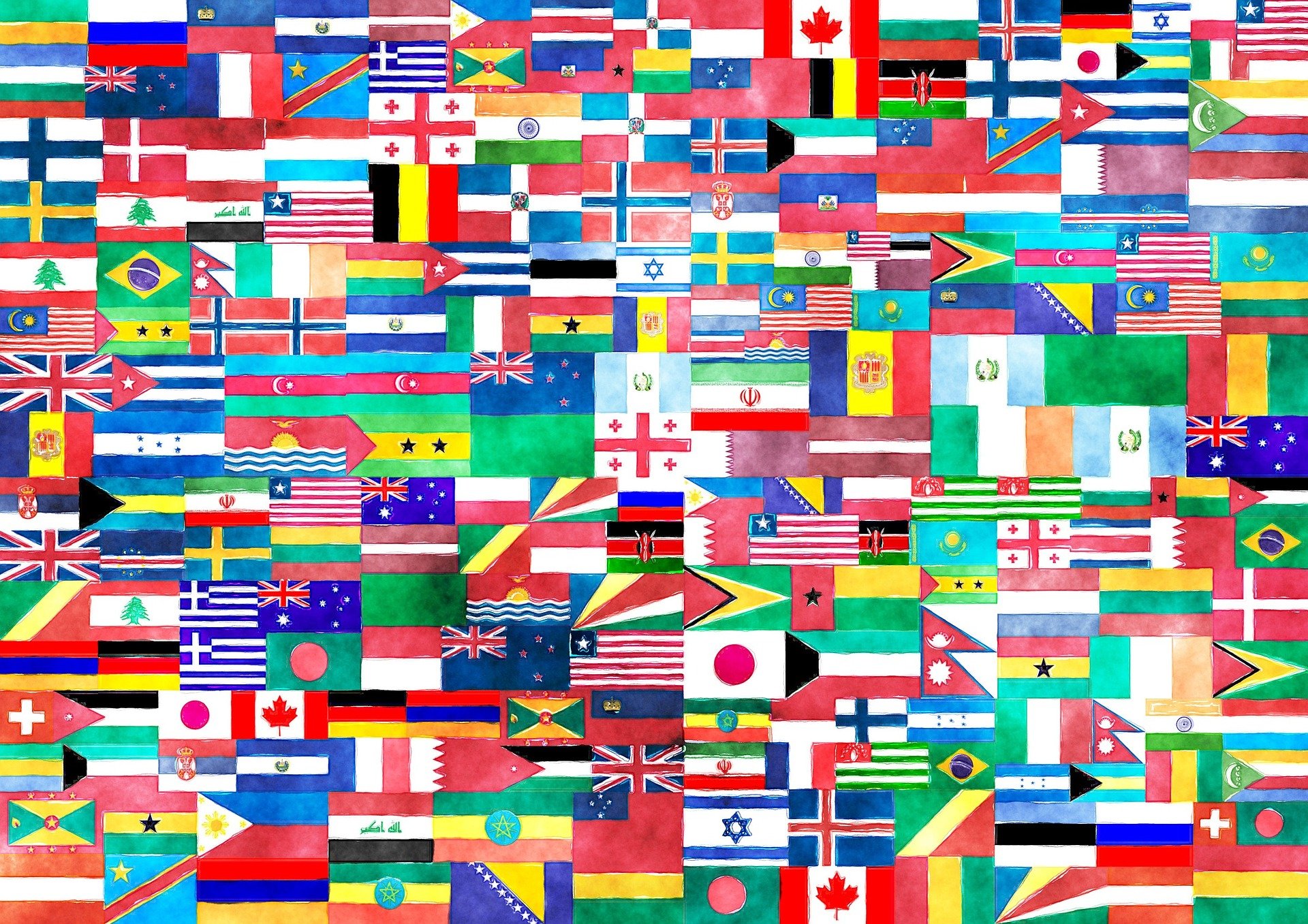
Recent academic collaborations include two on a department level, the Jewish Theological Seminary (JTS) in New York and Regent University (RU), a private Christian institution in Virginia, US, and one at the university level, which is a collaboration between Gulf Medical University in the United Arab Emirates and BIU’s Faculty of Medicine in the Galilee. The above links take you to articles written about these in past newsletters.
Erasmus+ International Credit Mobility (ICM) is the EU’s exchange program, which allows students and faculty to move between BIU and leading universities throughout Europe. Erasmus+ Multinational Projects and Partnerships are also part of the EU’s Erasmus+ program. These include various Capacity-Building Projects, a Strategic Partnership, and a Jean Monnet Center for Excellence.
“The newest initiative that is currently in development as part of our global strategy is the innovative concept of joint degrees (graduate and postgraduate) where a student can get a degree from Bar-Ilan and a university overseas. This is very exciting for us,” Prof. Dekel said.
“The Brain Sciences department is spearheading this initiative with five universities in Europe. We’re focusing on building a unique academic program so students can benefit in more ways than before. The first year will be at Bar-Ilan and the second will be at one of the five universities, depending on the student’s preference,” she said.
Academic and Diplomatic Visits
Another area in which the International School is expanding its reach internationally is through academic visits between BIU and overseas institutions, as well as diplomatic visits by foreign dignitaries.
“What better opportunity is there for us to reach out to countries all over the world than by creating relationships with their attachés in Israel?” asks Dahan. “If we cultivate strong connections with them, invite them to Bar-Ilan to witness the groundbreaking research and innovative inventions coming out of our world-class labs, or let them listen to our experts in the fields of medicine, life sciences, nano technology, archaeology, biblical studies, and more, then they will be our ambassadors when they return to their own countries.”

In December 2019, the International School took the diplomatic visits to the next level and launched its first annual Attachés’ Conference titled “Discovering Innovation at Bar-Ilan University”, with Prof. Arie Zaban, Bar-Ilan’s president, as one of the main speakers. Due to the coronavirus, the second Attachés’ Conference, “Israel: From Innovation Nation to VacciNATION”, took place online in March 2021, once again with Prof. Zaban. These events were very well received by all the diplomats who attended and they all expressed a desire to participate in the next conference.
Moving Forward
“Increasing the number of international students and offering new degrees is not enough for any institution that wants to become a global university,” said Prof. Lewenstein. “There are so many more areas to consider and, while Bar-Ilan’s International School has achieved great success over the past three years, we still have a long way to go.
“While we’re on this journey to globalization, we will continue to ensure our students have the best opportunities possible to reach their own goals and be part of an integrated, well-loved university that is blended with Israelis (Jews and Arabs) and international students who are learning from each other – academically, socially, and culturally,” he concluded.
Find out how Bar-Ilan University’s International School came into being by reading this article.
Contact Us for More Info
Leave your details and we’ll get back to you soon

